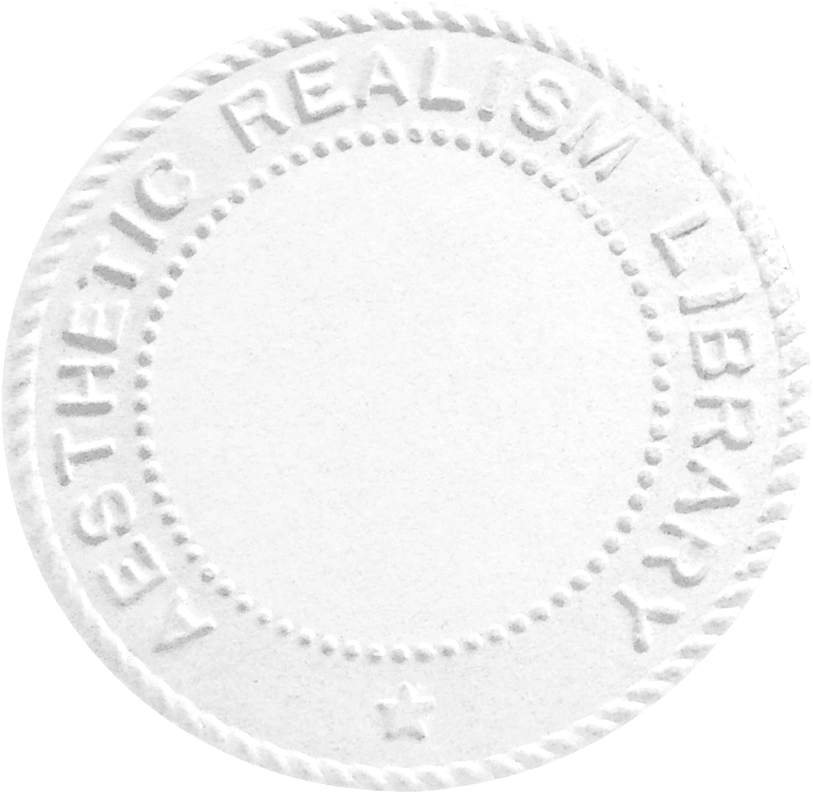Translations by Eli Siegel
“Eli Siegel’s translations of Baudelaire and his commentaries on them rank him with the most understanding of the Baudelaire critics in any language.”
—Kenneth Rexroth,The New York Times Book Review
Hymn, By Charles Baudelaire
To the very dear, to the beautiful one
Who fills my heart with clearness,
To the angel, to the immortal idol,
Hail in immortality!
She is where my life is
Like air tinged with salt,
And in my still desiring soul
Pours the taste of eternity.
Richness always fresh that perfumes
The atmosphere with a dear something,
Forgotten censer which is misty
In secret through the night,
How, love incorruptible,
Tell of you with truth?
Musk grain, that lies, unseen,
At the beginning of my everlastingness!
To the very good, to the very beautiful one
Who is my joy and my health,
To the angel, to the immortal idol,
Hail in immortality!
From Hail, American Development (Definition Press)
© 1968 by Eli Siegel
See Eli Siegel’s translations of Baudelaire’s “The Albatross,” “To the Reader,” and “The Voyage, VIII.” You can also find out more about Baudelaire on our sites.
We recommend as well “What Poetry Really Is—& Your Own Hopes,” an issue of The Right of Aesthetic Realism to Be Known, commentary by Ellen Reiss, lecture by Eli Siegel.



Eli Siegel’s note to the poem:
Hymn, By Charles Baudelaire. 1967. Critics have not sufficiently asked how Baudelaire, while doubtful of women in other poems, a savage questioner of them, should have written a poem, Hymn, as praising of women as Spenser ever was, or Shelley in Epipsychidion, or Petrarch in some sonnets, or Dante in the Paradiso. The utmost that can be said for a woman or for women is in the five quatrains of Baudelaire beginning with A la très chère, à la très belle. In the third line of the poem, Baudelaire calls a woman an angel with all the lighted sobriety one might wish; and when Baudelaire says in the fourth line of the first quatrain, Salut en l’immortalité! —Hail in immortality!—he is somewhat beyond both Longfellow and Rupert Brooke in seeing woman with deep favor. And Baudelaire has his taste for eternity made keener by a woman. She makes existence deeper, sharper, more inclusive in the third quatrain. And in the fourth, a woman is an invisible something at the beginning of Baudelaire’s immortality—Au fond de mon éternité! A woman in the last stanza is both Baudelaire’s joy and health—Qui fait ma joie et ma santé. What has Baudelaire’s Femmes Damnées to do with this unrestrained praise of woman in the neat resonance of the French quatrain, profound and symmetrical?—For the while, it should be said that the Baudelaire revering the meaning of woman is as true a Baudelaire as the Baudelaire of corrupt corpses, imperiously fleshly females, iniquity in the last stories of large Parisian dwelling houses, cats with a leaning to evil, and the heart of the poet leering as Satan leers. Sunrise, too, is in Charles Pierre Baudelaire, and the sunrise is a lady—in this Hymn.